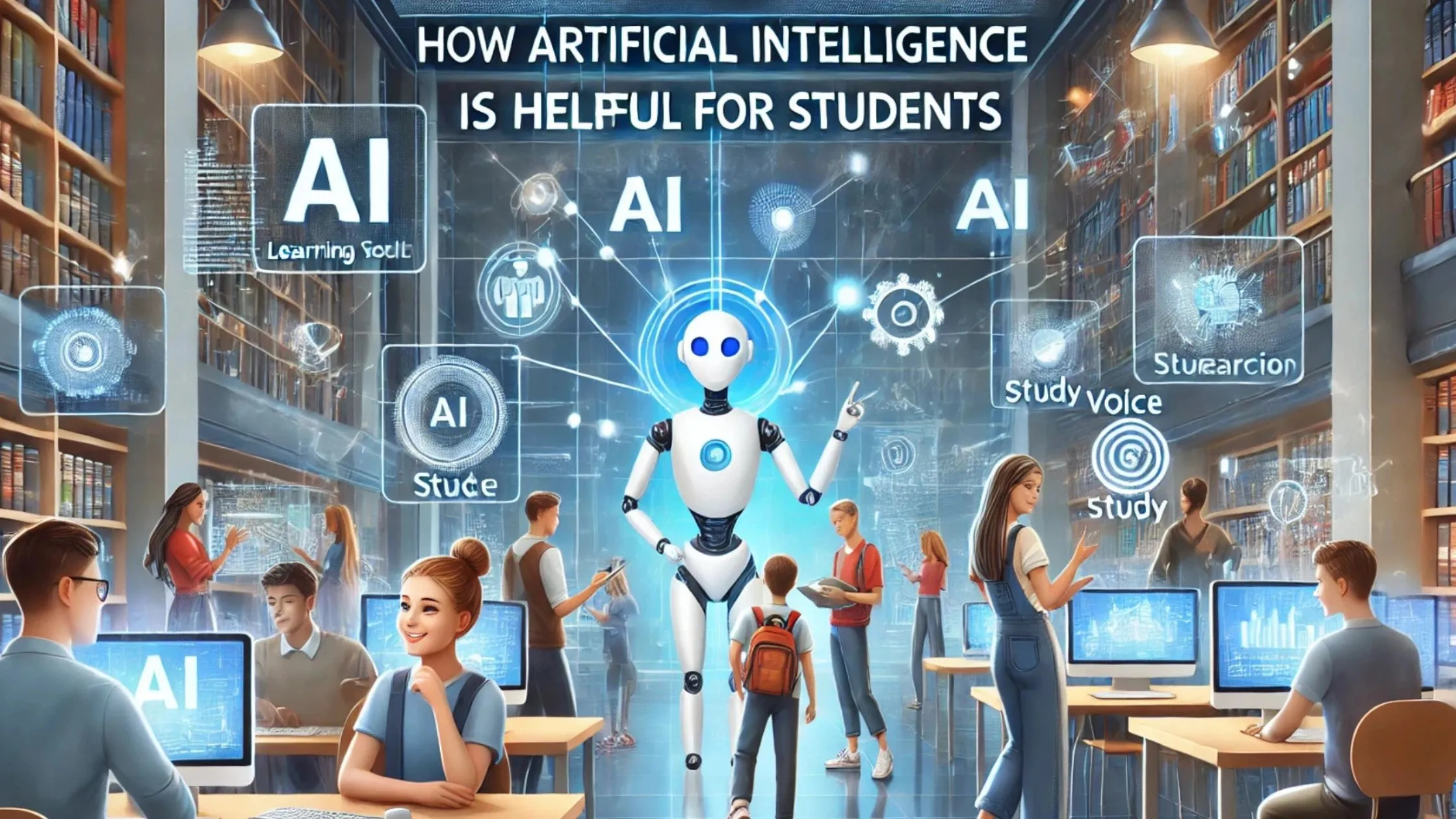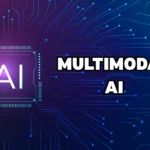Introduction
In the rapidly evolving landscape of education, artificial intelligence (AI) has emerged as a transformative force, revolutionizing the way students learn, study, and prepare for their future careers. Far from being a distant technological concept, ARTIFICIAL INTELLIGENCE is now a practical tool that offers unprecedented support to students across various educational domains. This comprehensive exploration will delve into the multiple ways AI is reshaping the student experience, providing insights into its remarkable potential to enhance learning, improve accessibility, and prepare students for a technology-driven world.
Personalized Learning Experiences
One of the most significant advantages of ARTIFICIAL INTELLIGENCE in education is its ability to create personalized learning experiences. Traditional classroom settings often struggle to address individual student needs, but AI-powered platforms can adapt to each student’s unique learning style, pace, and understanding.
Adaptive Learning Platforms
ARTIFICIAL INTELLIGENCE algorithms analyze a student’s performance, identifying strengths and weaknesses in real-time. These intelligent systems can:
- Recommend specific learning resources tailored to individual knowledge gaps
- Adjust the difficulty of content based on a student’s comprehension level
- Provide customized study plans that optimize learning efficiency
Intelligent Tutoring Systems
Advanced ARTIFICIAL INTELLIGENCE tutors now offer 24/7 academic support, providing:
- Instant explanations for complex concepts
- Step-by-step problem-solving guidance
- Personalized feedback and additional practice materials
Enhanced Research and Study Capabilities
ARTIFICIAL INTELLIGENCE tools have transformed how students approach research and study, making information gathering and comprehension more efficient and comprehensive.
Advanced Research Assistance
AI-powered research tools can:
- Quickly scan and summarize large volumes of academic literature
- Suggest relevant sources and references
- Help students organize and synthesize research information
- Identify potential connections between different research materials
Intelligent Study Aids
Innovative ARTIFICIAL INTELLIGENCE applications support student studying through:
- Automated flashcard generation
- Predictive quiz creation
- Complex concept breakdown
- Intelligent note-taking and summarization tools
Accessibility and Inclusive Learning
ARTIFICIAL INTELLIGENCE is breaking down educational barriers, making learning more accessible to students with diverse needs and backgrounds.
Support for Students with Disabilities
ARTIFICIAL INTELLIGENCE technologies provide remarkable support by:
- Offering real-time transcription and captioning
- Implementing text-to-speech and speech-to-text technologies
- Creating adaptive interfaces for students with different learning challenges
- Providing personalized learning accommodations
Language Learning and Translation
AI-powered language tools help students:
- Translate complex academic texts
- Improve language learning through interactive conversations
- Access educational content across language barriers
- Practice pronunciation and communication skills
Academic Writing and Skill Development
ARTIFICIAL INTELLIGENCE has become an invaluable assistant in improving students’ academic writing and critical thinking skills.
Writing Assistance
ARTIFICIAL INTELLIGENCE writing tools help students by:
- Detecting grammatical and structural errors
- Suggesting improvements in writing style
- Checking for plagiarism
- Providing citation and referencing guidance
Skill Enhancement
Artificial intelligence supports skill development through:
- Predictive career path recommendations
- Identifying skill gaps
- Suggesting personalized learning resources
- Providing insights into emerging industry trends
Exam Preparation and Performance Optimization
ARTIFICIAL INTELLIGENCE technologies are revolutionizing how students prepare for exams and assess their academic performance.
Intelligent Exam Preparation
AI-powered preparation tools offer:
- Predictive question generation
- Performance analysis and improvement tracking
- Adaptive practice tests
- Stress management and learning optimization strategies
Learning Analytics
Advanced ARTIFICIAL INTELLIGENCE systems provide comprehensive insights by:
- Tracking student progress across multiple subjects
- Identifying potential academic challenges early
- Recommending targeted intervention strategies
- Helping students set realistic academic goals
Future Career Preparation
Beyond academic support, ARTIFICIAL INTELLIGENCE is helping students prepare for an increasingly technology-driven job market.
Career Skill Development
ARTIFICIAL INTELLIGENCE assists students in:
- Understanding emerging industry skills
- Developing technical and soft skills
- Creating personalized professional development plans
- Connecting academic learning with real-world job requirements
Professional Networking and Opportunities
ARTIFICIAL INTELLIGENCE platforms help students:
- Identify internship and job opportunities
- Match skills with potential career paths
- Build professional portfolios
- Develop networking strategies
Ethical Considerations and Responsible Use
While ARTIFICIAL INTELLIGENCE offers tremendous benefits, it’s crucial for students to approach these technologies responsibly and ethically.
Responsible ARTIFICIAL INTELLIGENCE Usage
Students should:
- Understand ARTIFICIAL INTELLIGENCE as a supportive tool, not a replacement for critical thinking
- Maintain academic integrity
- Develop digital literacy skills
- Stay informed about AI’s potential and limitations
Conclusion
Artificial intelligence is not just a technological trend but a fundamental shift in educational paradigms. By offering personalized learning experiences, enhancing research capabilities, supporting accessibility, and preparing students for future challenges, ARTIFICIAL INTELLIGENCE is transforming education.
As ARTIFICIAL INTELLIGENCE continues to evolve, students who embrace these technologies and develop a nuanced understanding of their potential will be best positioned to succeed in an increasingly complex and interconnected world. The key lies in viewing ARTIFICIAL INTELLIGENCE as a collaborative partner in the learning journey—a tool that amplifies human potential rather than replacing human creativity and critical thinking.
The future of education is here, and artificial intelligence is leading the way, promising a more inclusive, adaptive, and personalized learning experience for students worldwide.


